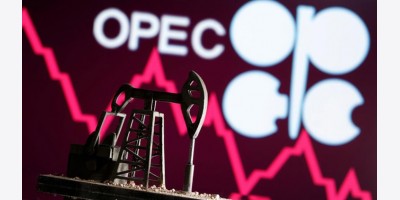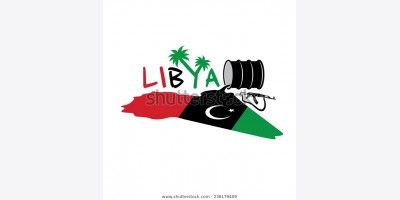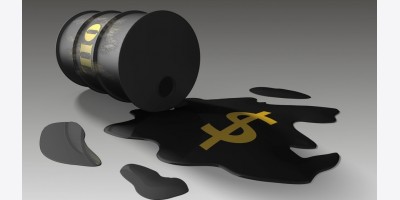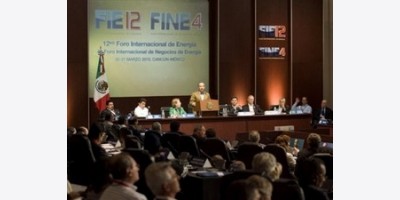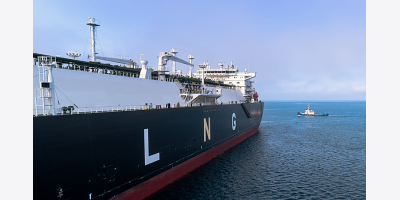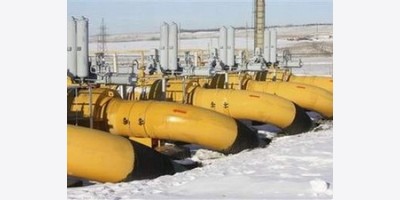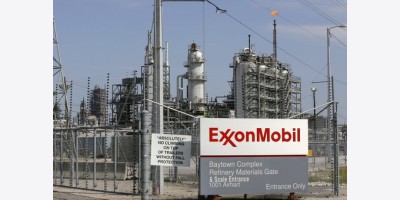By Robert Feinberg
Dennis Gartman, founder and editor of The Gartman Letter, predicts the crude-oil price freefall will end in “panic liquidation,” bankruptcies, and distress mergers.
He cites a “huge spread” between crude in West Texas versus Western Canada weighing on the market as the “contango,” the term structure of prices several months out, widens.
"It will end when you've had an announcement of five or six bankruptcies. It will end when mergers and acquisitions step in and take over," he told CNBC.
"The only people who are going to survive this are the people who used the WTI and the Brent oil futures to hedge production two and three and four years forward," said Gartman.
He told Carol Roth that “unknown names will step to the fore.”
U.S. crude oil prices fell to almost $40 a barrel on Thursday, their lowest since the global financial crisis of 2009, as supplies rose in North America and the Middle East, filling stockpiles to record levels, Reuters reported.
Turning to other topics covered on CNBC, the use of the word “approaching” in the FOMC minutes released Wednesday to describe where the Federal Reserve is in relation to even token action to raise interest rates reminds this writer of a story told by the great Russian history professor Alfred Rieber of waking up one day while studying at Moscow University to the headline “Communism is on the Horizon.”
He said he was briefly alarmed until he checked the definition of “horizon” in his Soviet dictionary – “horizon” – “an imaginary line in the distance that continually recedes as you approach it.” This seems to be the case with the Fed’s alleged determination to make a token gesture to raise the Federal Funds Rate by one-quarter percent one of these days, then to do it one more time over the next year or so, and then, as one pundit said, Chair Janet Yellen can take a “victory lap.”
Richard Harris, CEO of Port Shelter Investment Management, sees the FOMC as “still on the dovish side,” so he thinks the promised hike will occur not in September, but in December.
When Susan Li asked why he used the word “dovish,” he responded that there is an “in-built bias” in that direction at the Fed. Asked whether the drop in the oil price will hurt the U.S. GDP by as much as one-half percent, Harris stressed that it takes two years or more for all the effects to work through the economy, whereas the “pain in the oil pumpers” is immediate. He concluded that the U.S. economy is “still okay,” and he thinks the markets are reluctant to accept good news.
Among the Fast Money traders, Brian Kelly ridiculed the notion that the Fed needs to raise the FFR by one-quarter percent. He doesn’t think the Fed should raise rates, but it might, “so it can react in case something gets bad,” and he quipped, “If you think a quarter-point cut when things get bad the next time is going to solve the problem, you’re out of your mind.” Tim Seymour insisted that the Fed has to raise rates, citing remarks by Fed Presidents Dennis Lockhart (Atlanta) and Narayana Kocherlakota (Minneapolis). Seymour noted that the VIX was up 11% and said that doesn’t indicate “a market that’s taking comfort from the Fed backing off.” He also referred to good housing data, and he concluded, “They have to go.”
Melissa Lee wondered whether if, after all the “sturm und drang,” the Fed doesn’t act, “People will think things are really crappy out there, and they’ll panic.” Karen Finerman agreed the Fed should act, and she said it doesn’t make any difference “in the scheme of things” whether it is September or December. Guy Adami warned that if the Fed doesn’t act, “They’ll lose any sense of credibility that they have left,” but he thinks the economy is slowing down. Seymour estimated that GDP is growing at 2% in industrial countries, 3.5% in emerging markets, so in sum, “It’s not great, but it’s not falling apart.”
At the beginning of the last clip, Adami sees Target (TGT) strengthening compared to Wal-Mart (WMT), and Finerman reluctantly agrees. Adami says the same goes for Home Depot (HD) over Lowe’s (LOW), and he suggests traders might go so far as to buy Target and Home Depot and sell Wal-Mart and Lowe’s.
© 2015 Newsmax Finance. All rights reserved.





